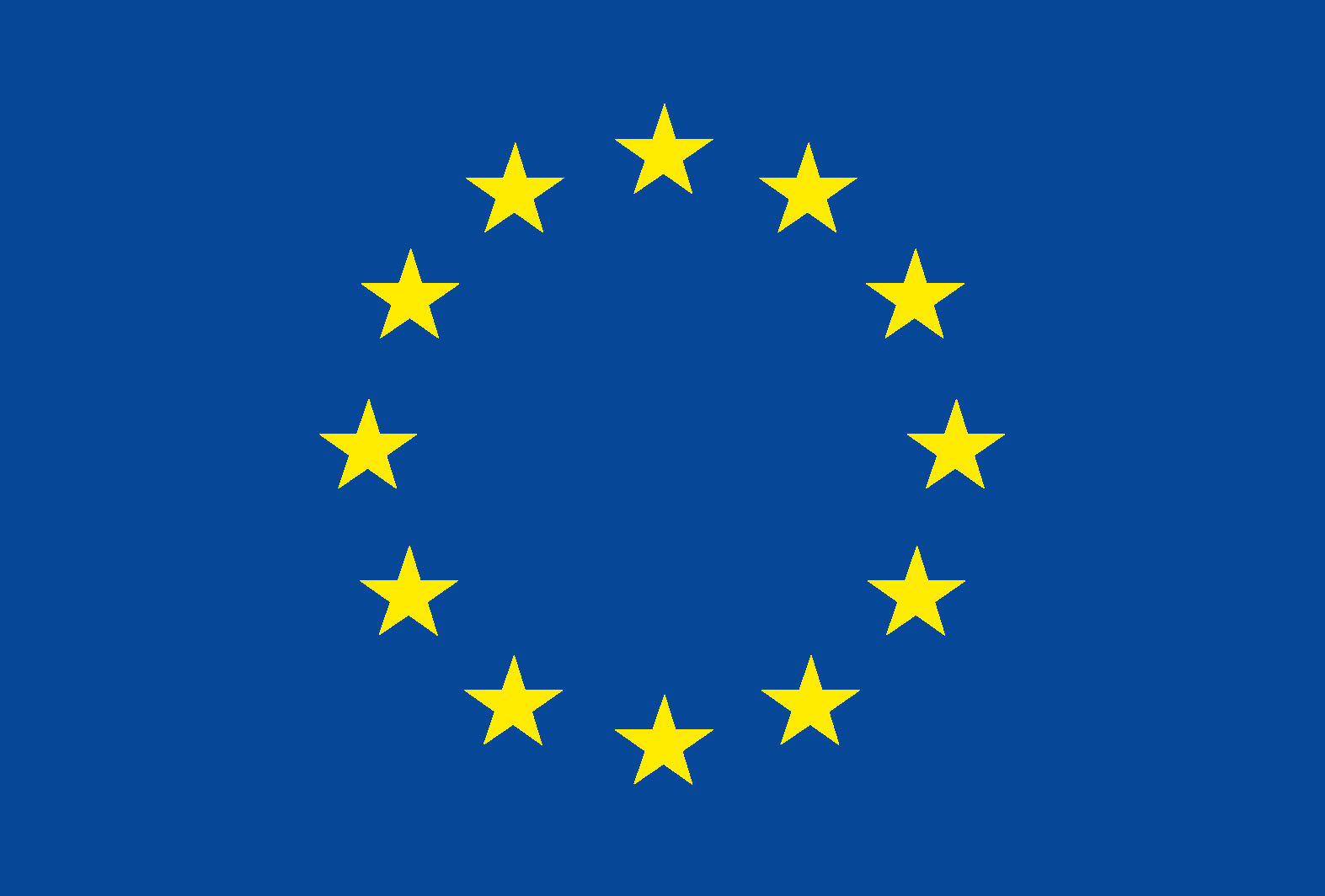Data-Driven Design of Disordered Materials (D4M)
The Marie Skłodowska Curie Action “D4M: Data-Driven Design of Disordered Materials” is funded by the European Research Executive Agency under the call H2020-MSCA-IF-2020.
With increasingly advanced manufacturing techniques, architected materials or metamaterials continue to gain popularity. Yet, the vast majority of these materials are designed with a periodic and regular lattice structure. On the other hand, architected disordered materials have received little attention despite their robustness and flaw tolerance compared to regular lattice-based materials. The aim of the project D4M ("Deform") is the development of a novel rational framework for data-driven, and hence experience-free, design of materials, that systematically exploits disorder. The framework relies on four synergistic elements: i) a unified network-theoretic representation of disordered material architectures, ii) the use of mechanics and complex networks as tools for evaluating design objectives, iii) the development of efficient graph machine learning techniques for executing the design, and iv) the practical implementation and validation of a suite of designs by additive manufacturing and testing. By focusing on design objectives such as high energy absorption and tailored nonlinear deformation response, the proposed research is expected to have a diverse impact in the design of cellular and particulate materials with applications in biomechanics and the sports industry.
Summary:
Project Acronym: “D4M”Fellow: Dr. Konstantinos Karapiperis
Primary Coordinator: Prof. Dr. Dennis Kochmann, ETHZ
Beneficiary: Swiss Federal Institute of Technology, Zürich (ETHZ)
Period: 24 months

This project has received funding from the European Union’s Horizon 2020 research and innovation programme under the Marie Skłodowska-Curie grant agreement No 101024077
Marie-Sklodowska Curie Actions